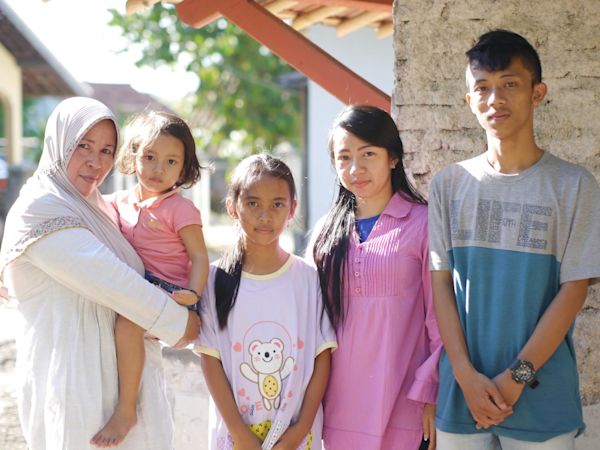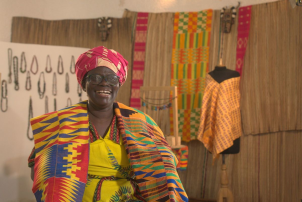How water and sanitation loans lead to big outcomes
July 20, 2018
I started my fellowship in Indonesia, a vast archipelago known for its volcanoes and dreamy white sand beaches. However, with over a quarter billion people from different ethnic groups, Indonesia is also a dense melting pot and has the largest economy in Southeast Asia.
Yet, despite its rapid economic growth, the country also faces enormous challenges.
Indonesia's GDP per capita is a fraction of the world’s average and the nation lacks basic infrastructure. Since 10% of the population lives below the poverty line, many cannot afford basic needs, which makes entrepreneurship and education out of reach. Millions suffer from malnutrition and fecal-borne illness (e.g. diarrhea and typhoid) due to unsafe drinking water and poor sanitation. Fortunately, with the right investment and resources, these challenges can be solved.
Throughout Indonesia, a burgeoning microfinance sector provides small business loans and financing for water supply, sanitation and other basic needs. The loans pay for new business supplies, school tuition, food, healthcare and other critical services. And as low-income households benefit, new jobs are created and the economy improves. These trends are catalyzed by a multitude of microfinance organizations, including my first host institution: Koperasi Syariah Benteng Mikro Indonesia (KBMI).
 KBMI staff members in the Pandeglang branch office.
KBMI staff members in the Pandeglang branch office. KBMI is an Islamic, member-owned cooperative and microfinance institution based in Tangerang, a bustling suburb of Jakarta. KBMI provides loans that adhere to Sharia principles, support local entrepreneurship (e.g. livestock, agriculture, retail), and meaningfully improving the living conditions for borrowers.
While most KBMI loans are used to arrange clean water and sanitation facilities, the organization also provides “Tata Griya Micro Loans” for members who want to improve their homes, “Mikro Tata Cendikia Loans” for members who want their children to attend 12-year compulsory education and “Skim Home Financing Loans” for homeless members in need of habitable space. With these loans, KBMI expands financial access to low-income households.
 Borrower in Lebak District.
Borrower in Lebak District.I had the opportunity to learn how the organization accomplishes this mission during my fellowship. Over the course of 5 weeks, I worked with KBMI to understand its key characteristics (e.g. organizational structure, operations, and information management systems) and introduce process improvements. I also arranged field visits to meet borrowers and observe the monumental impact of microfinance in remote villages.
 Borrower family members in Lebak District.
Borrower family members in Lebak District.
Tati and Siti are two borrowers I was lucky enough to meet, they are two incredible women whose lives were changed due to KBMI’s Kiva-funded loans.
Tati (Pictured Above), a widow and a single mother, works hard to support her family of 7 in West Java. Tati’s family used to lack clean water access and bathed in a local river, but this changed when Tati turned to KBMI for support. With a Kiva-funded loan of $525, Tati invested in clean water facilities, and now her family benefits from improved health and hygiene.
Siti Faujiah is a schoolteacher in Serang District. Siti’s husband works as a driver, but the couple’s combined income is barely enough for basic needs. Like Tati, Siti benefited from a Kiva-funded loan of $600. Siti used the loan to install clean water facilities in her home and now has ready access to potable water.

For Tati, Siti Faujiah, and many others, small loans lead to big outcomes. KBMI and other microfinance institutions address social challenges and conduct an effective, trusted means of poverty alleviation. And while alternative resources exist, Kiva provides critical support and plays an instrumental role in the process.
PREVIOUS ARTICLE
Why we should embrace failure to grow impact, and why it’s much easier said than done →NEXT ARTICLE
Christians, atheists, nerds, activists unite to make change through Kiva lending teams →













